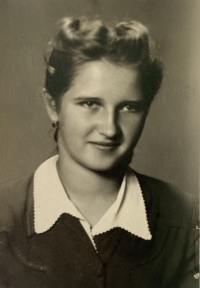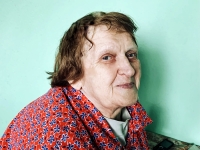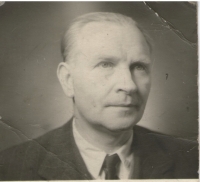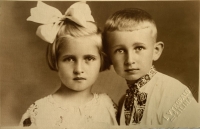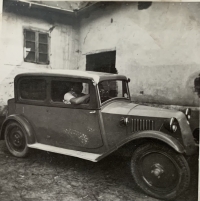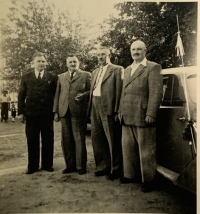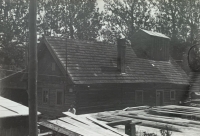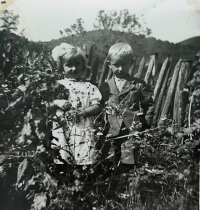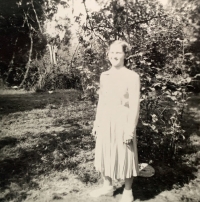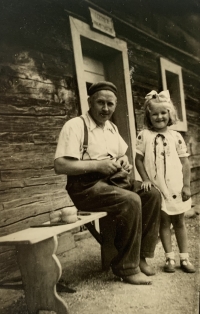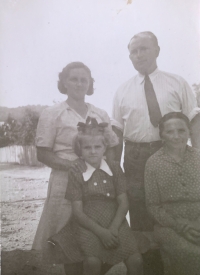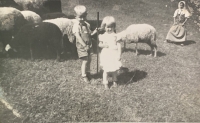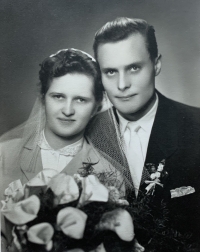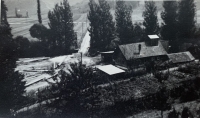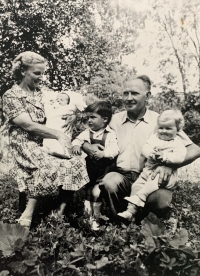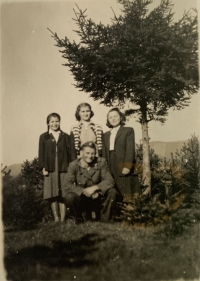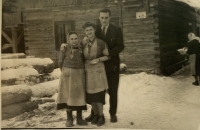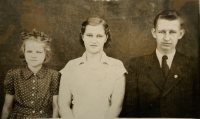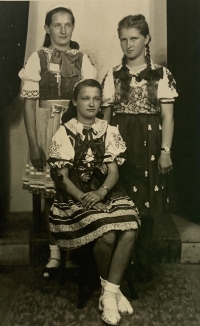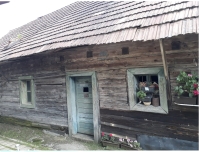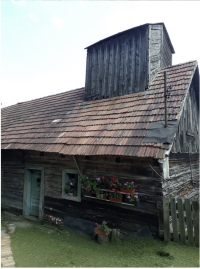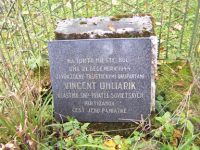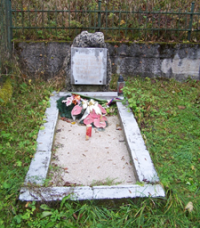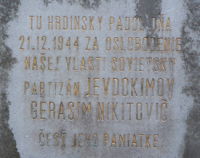They buried him alive in our garden, we heard moans and screams at night
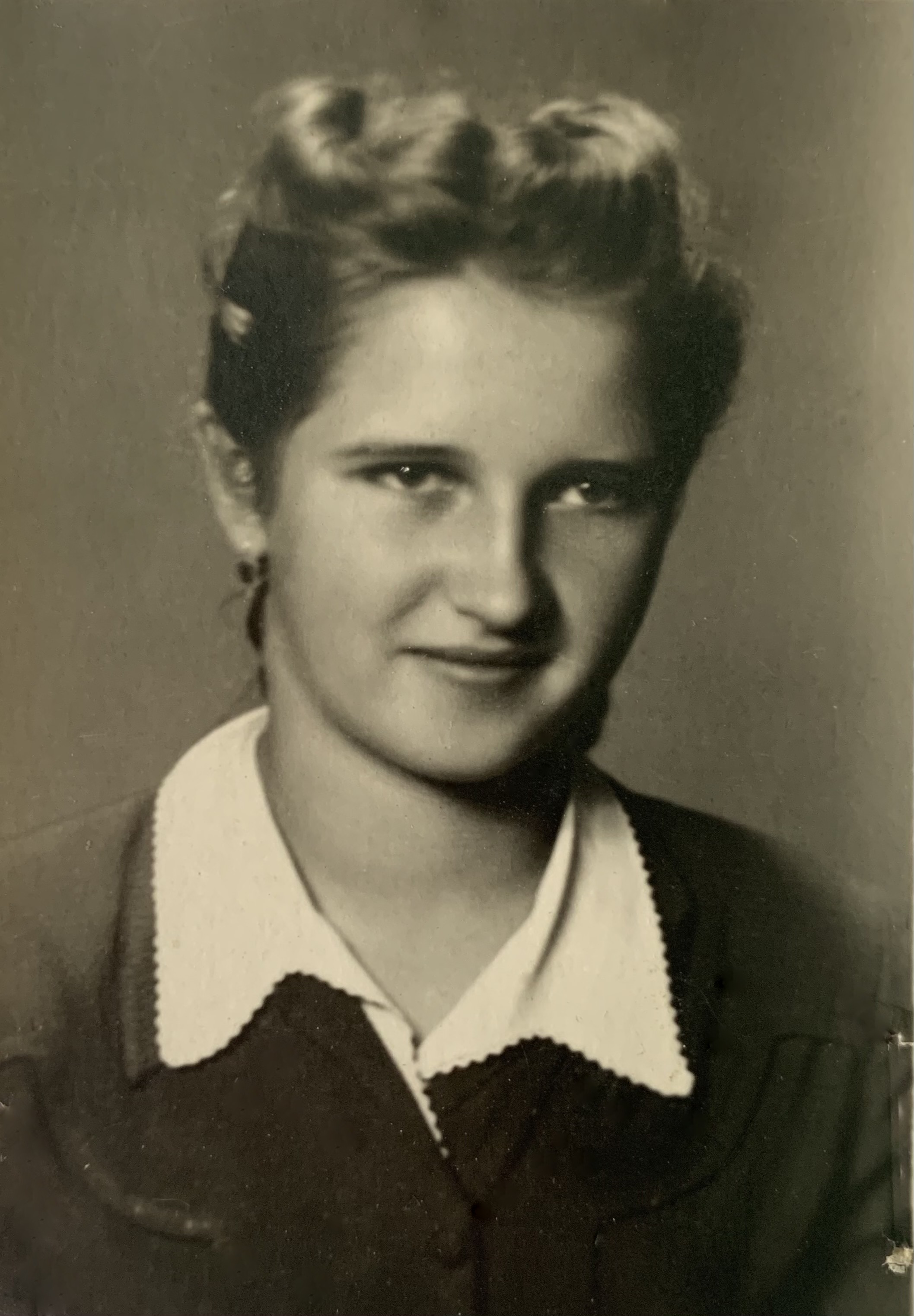
Download image
Vlasta Tarábková was born on January 8, 1936 in Trstená to František and Rozália Pečeňa. The father was a respected miller, he also operated a saw and a scrubbing board for cloth. During the SNP, the Trstená settlement in Rajecká dolina was often visited by partisans and asked for food. Partisans confiscated their car and bicycle. Three days before Christmas, on the night of December 21, 1944, they were coming down from the forest to the settlement and were spotted by German soldiers stationed in nearby Frivald (now Rajecká Lesná). They occupied the settlement, shot their neighbor Uhlárik and took three people to concentration camps. One German soldier and a Russian partisan were also killed in the shootout. The Germans drove people out of the settlement, set houses and outbuildings on fire, took the men to Frivald for questioning, and looted the settlement. Before the arrival of the front, the locals built bunkers in the mountain, where Vlasta and her parents and siblings hid in the spring of 1945. German soldiers occupied their house and set up a hospital there. After returning from the bunkers, they lived with neighbors where the Germans were in command. In the Pečeňa garden, the fleeing Germans buried a dying soldier alive. During the liberation by the Soviet and Romanian armies, the Trstená settlement was shelled and several houses were damaged. After the war, Vlasta studied at gymnasiums in Rajec and Žilina. During her studies, as the daughter of a private businessman, she had problems with the regime. Later, the father’s mill was nationalized and closed. She worked in a chemical factory in Žilina, she was not involved in politics. She married and gave birth to four sons. Today retired, lives in Trstená.
